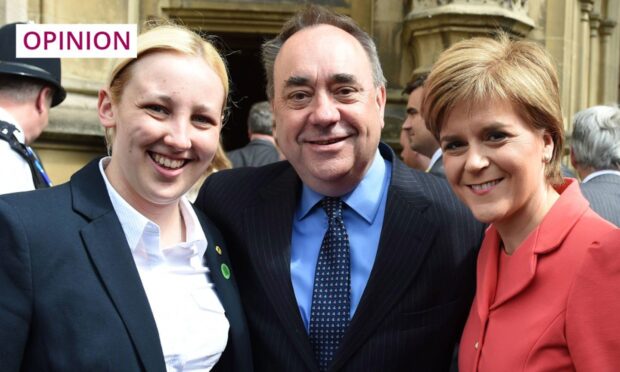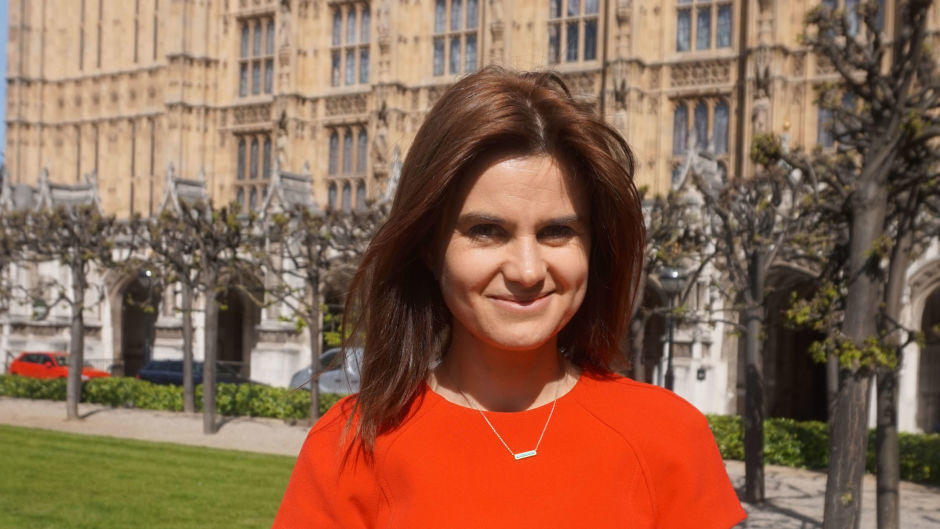When I moved jobs, from being a political editor for my newspaper to working as a Scottish Government special adviser – a spad, as they’re known – I was rather taken aback at the attitude of some, though not all, of my new colleagues.
Opposition politicians were the enemy, not nice people, was the general view. We were right and they were wrong, on just about every issue.
When I would mention that I happened to like this or that Labour or Conservative politician on a personal level, my view was considered somewhat eccentric. In fact, as a political journalist, I’d had to deal with politicians from every party, and while I didn’t particularly like all of them, in general we got on well.
Of course, politicians are low down on the general public’s view of various professions, along with estate agents and, dare I say it, journalists. But I’ve always been of the opinion that the overwhelming majority of people who go into frontline politics do so for the best of intentions. Whether I agree with them or not, I’m sure that most of them believe that their policies, be they nationalist, socialist, or conservative, are the best way forward for the country.
Indeed, I have every respect for anyone brave enough to put their head above the parapet and stand for election. Being a politician is a difficult enough job at the best of times: dealing with complex decisions, working unsocial hours, and getting little thanks for it.
But today’s politicians have it even harder than those of just a few years ago, particularly thanks to social media, from which they are bombarded on a daily basis with criticism, abuse and, on all too many occasions, threats.
Number of MPs standing down is concerning
Later this year, we’ll have a general election. And the number of MPs standing down is worrying.
Some, of course, are nearing retiral age, and might be expected to step aside in any case. In the SNP, which has the majority of Scotland’s MPs, figures such as Ian Blackford, Stewart Hosie, John McNally and Douglas Chapman have served their time and their constituents well, and deserve a quieter life.
But younger MPs, previously seen as potential rising stars, such as Mhairi Black and Angela Crawley have also announced that they’re quitting. Mhairi Black described the atmosphere at Westminster as “sexist and toxic”, and also claimed personal safety concerns and social media abuse helped her make the decision. Ms Crawley said that doing the job had come at too much “personal cost”.
For the Conservatives, Kwasi Kwarteng is the latest high-profile former cabinet minister to announce he is leaving parliament. He’ll go along with former colleagues Chris Grayling, Dominic Raab and Sajid Javid. Just last week, justice minister Mike Freer was the latest to join them, following death threats he’d received and an arson attack on his constituency office.
In 2016, Labour MP Jo Cox was murdered, and in 2021, Conservative MP David Amess was killed by an attacker during a constituency surgery.
It’s now commonplace for politicians to carry personal alarms, such are the number of credible threats they receive.
Scrutiny and criticism is one thing – abuse is another
When I was young, it was possible for a visitor to the House of Commons to simply turn up and walk in. Now, there are queues, with visitors photographed and issued with a pass, after going through strict security checks. It’s the same at Holyrood.
What on earth has changed in a few decades? Why are our politicians in so much danger, compared to those of previous generations? Obviously, it’s a societal issue, with respect for those in positions of relative power, such as politicians, police, or even teachers, at an all-time low.
It is only when overt threats are made that the police are likely to become involved, so those on the receiving end simply have to sigh and delete these messages
Social media, of course, has made this even worse, with people hiding behind false names, making threats and allegations. Having seen first-hand while working for government the abuse which First Ministers Alex Salmond and Nicola Sturgeon received during their time in office, I’m even more surprised that anyone would want to become a politician.
Of course, our elected representatives should be open to scrutiny and criticism. However, too often this spills over into downright abuse. And it is only when overt threats are made that the police are likely to become involved, so those on the receiving end simply have to sigh and delete these messages.
It’s not good enough. We need the best people to be willing to stand for election, whether at Westminster, Holyrood or local councils. And the toxic nature of what passes for political discourse today quite rightly puts off far too many potentially able candidates.
Campbell Gunn is a retired political editor who served as special adviser to two first ministers of Scotland, and a Munro compleatist


Conversation